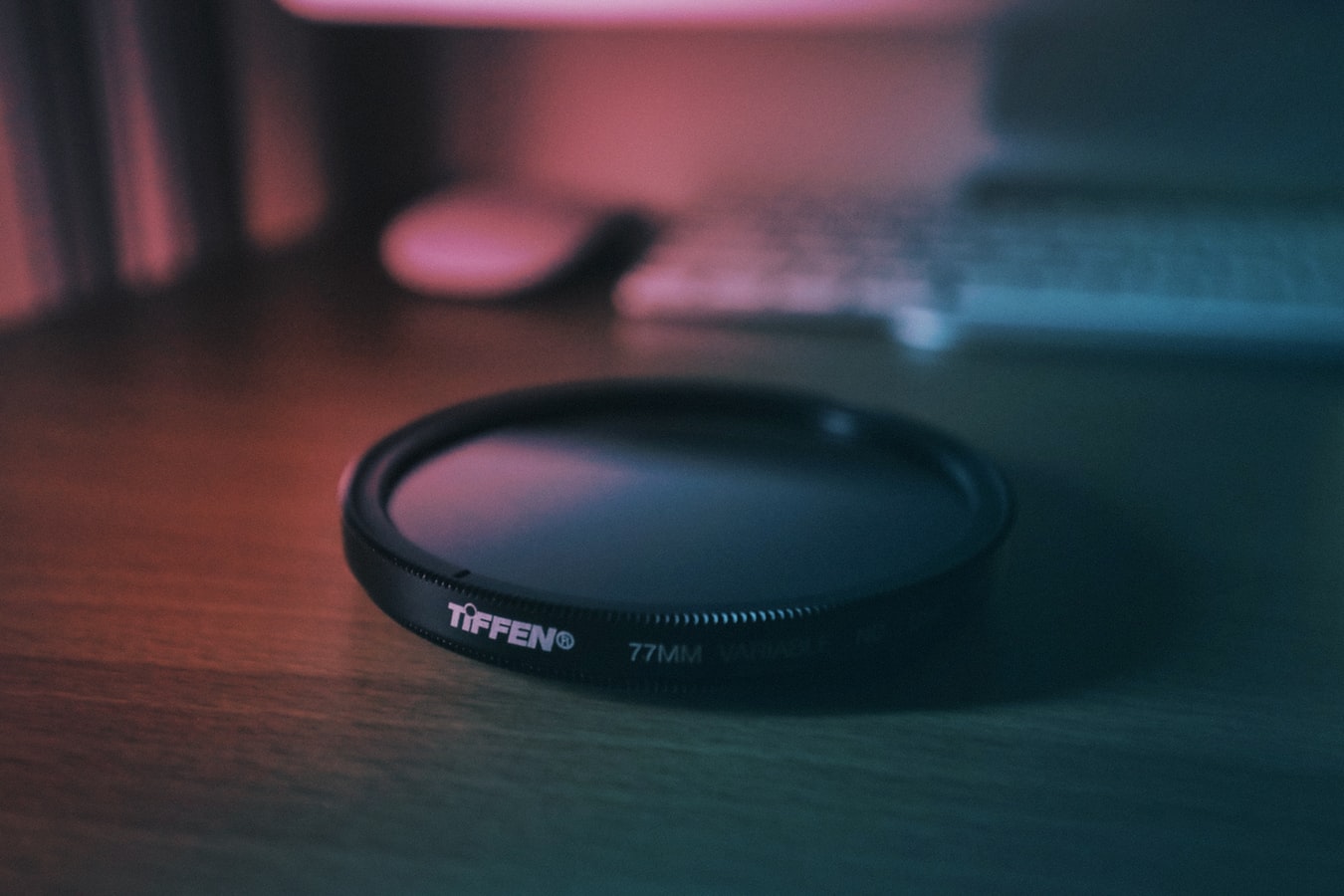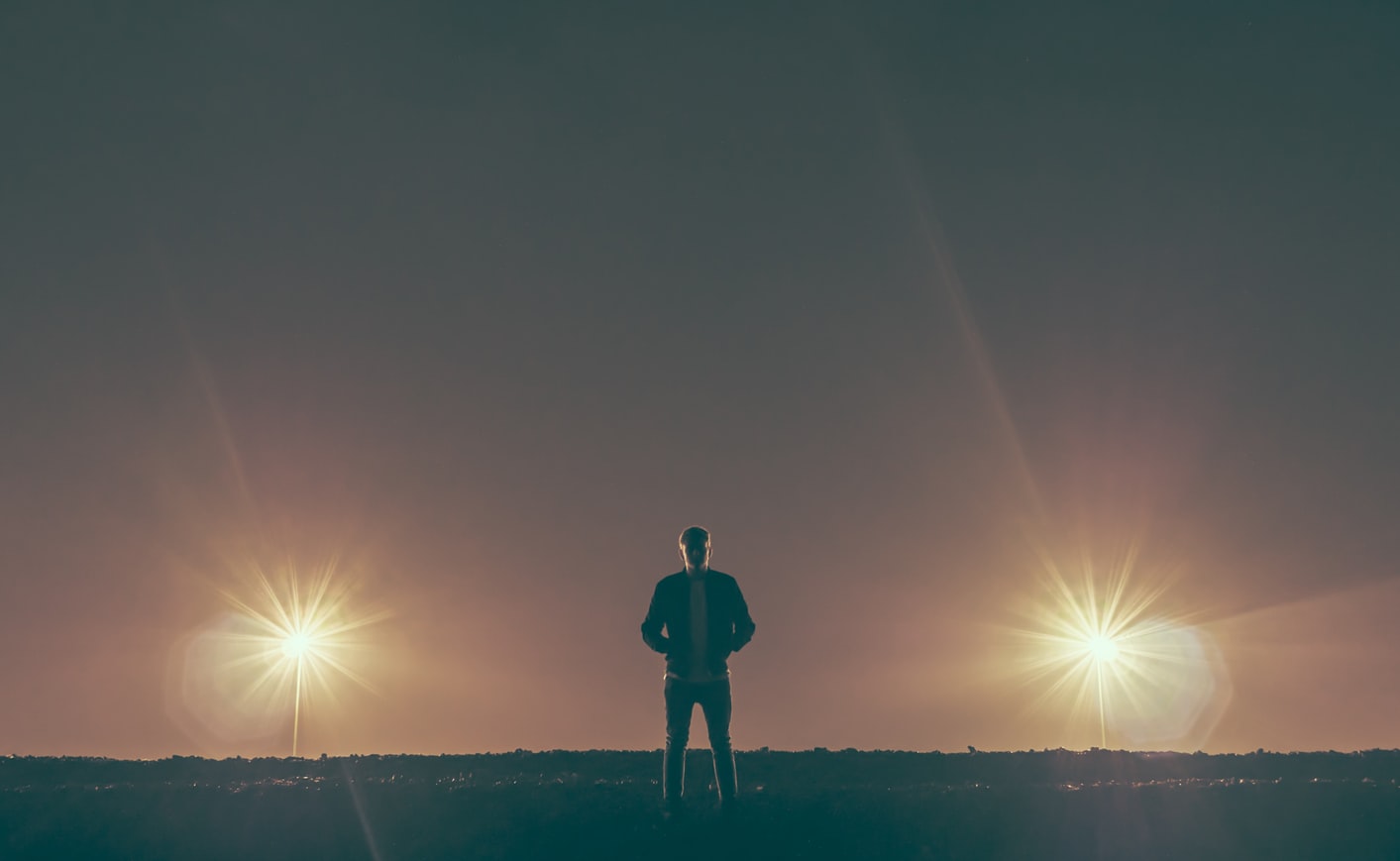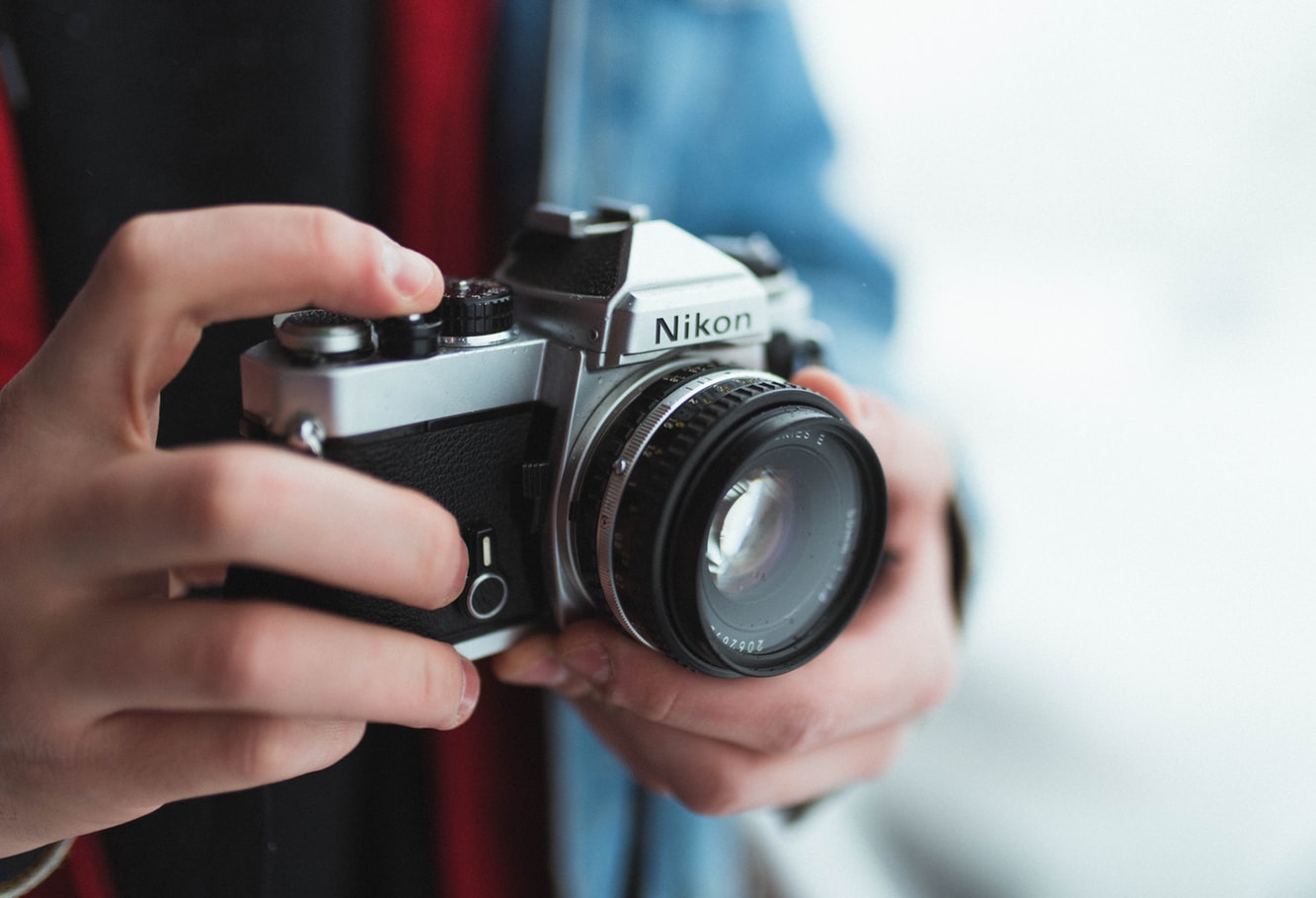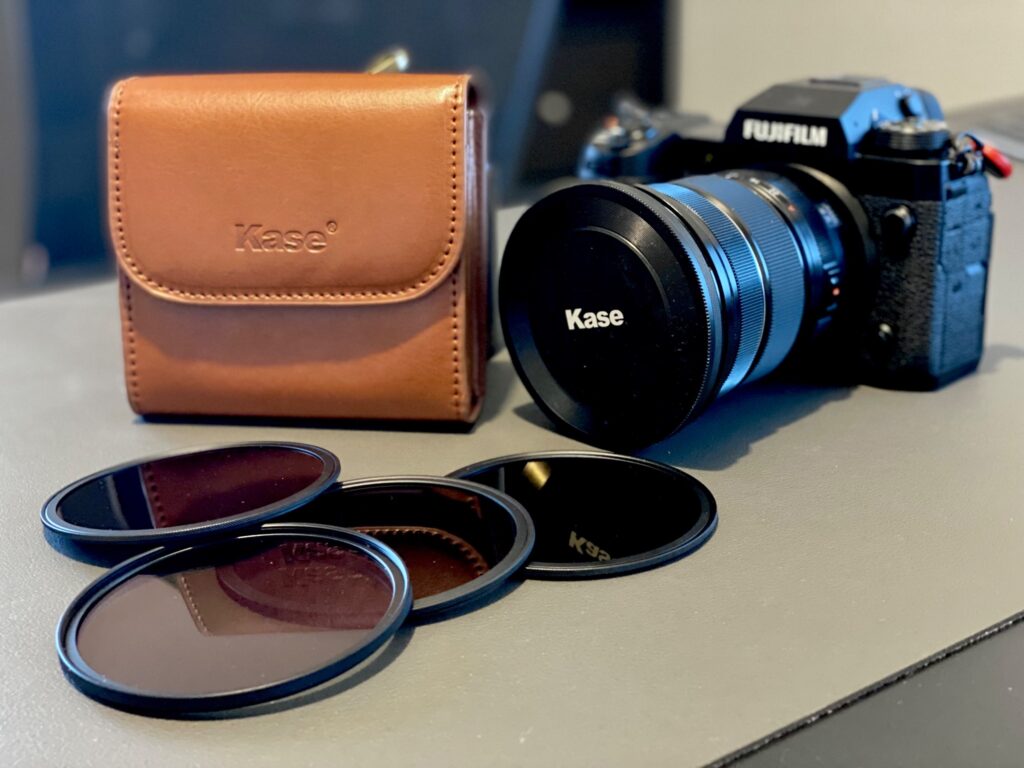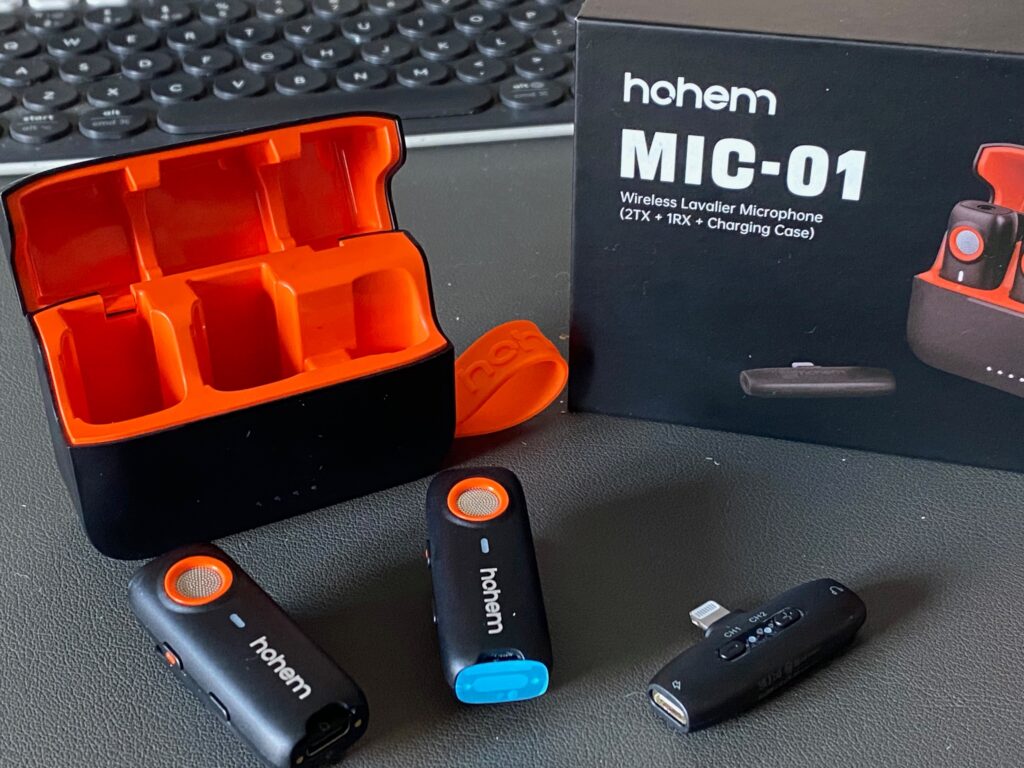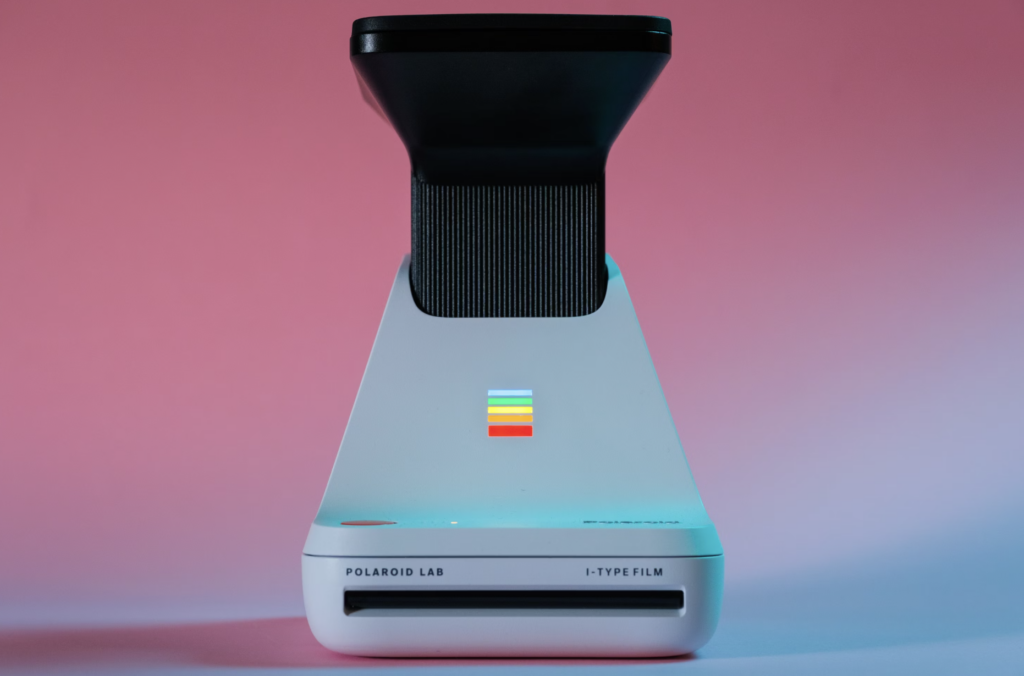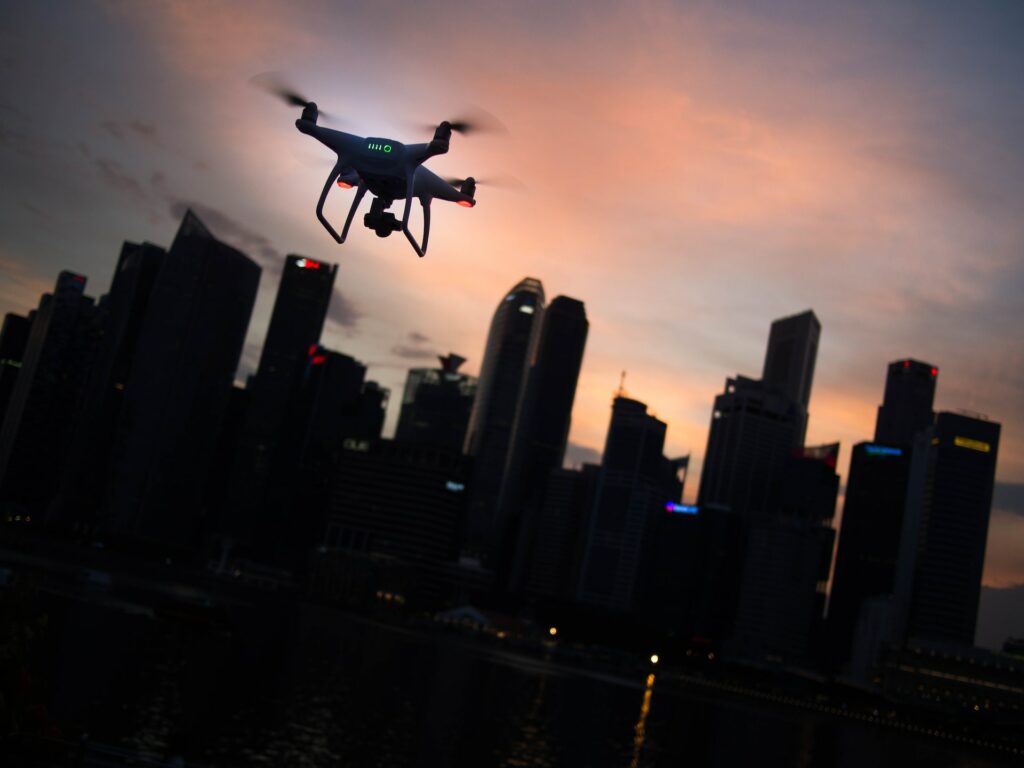If you’ve been practicing photography for a while now, you have certainly asked yourself if you should buy UV filters for your lenses. In this article, we’re going to cover a few arguments for and against UV filters so that you can understand better if and when you need to use them.
Arguments for using UV filters refer only to the multi-coated filters from reputable manufacturers – cheap filters might not have any benefits for your photography.
The Main Function Of UV Filters
The basic function of UV filters is pretty much straightforward and simple – they block UV light and remove the blue cast from images taken in bright sunny conditions. However, it’s important to mention that many modern digital cameras aren’t too sensitive to UV light (as opposed to old film cameras).
This means that UV filters aren’t extremely important nowadays but they can still reduce the purple fringing caused by longitudinal chromatic aberration and hence simplify your editing routine.
UV Filters As Protection For The Lens
This function of UV filters can be useful in any kind of shooting conditions (it has nothing to do with UV light itself). The filter provides protection against damage caused by rough handling or dropping the lens and it also protects against dust, dirt, smears, and scratches on the front element of the lens.
Since the filter is flat (unlike lenses!) and it’s easy to remove it, it also means that it’s easier to clean it. Also, if a filter gets scratched, it doesn’t cost too much to replace it. Typical filters cost less than $50, while lenses are usually more than $100.
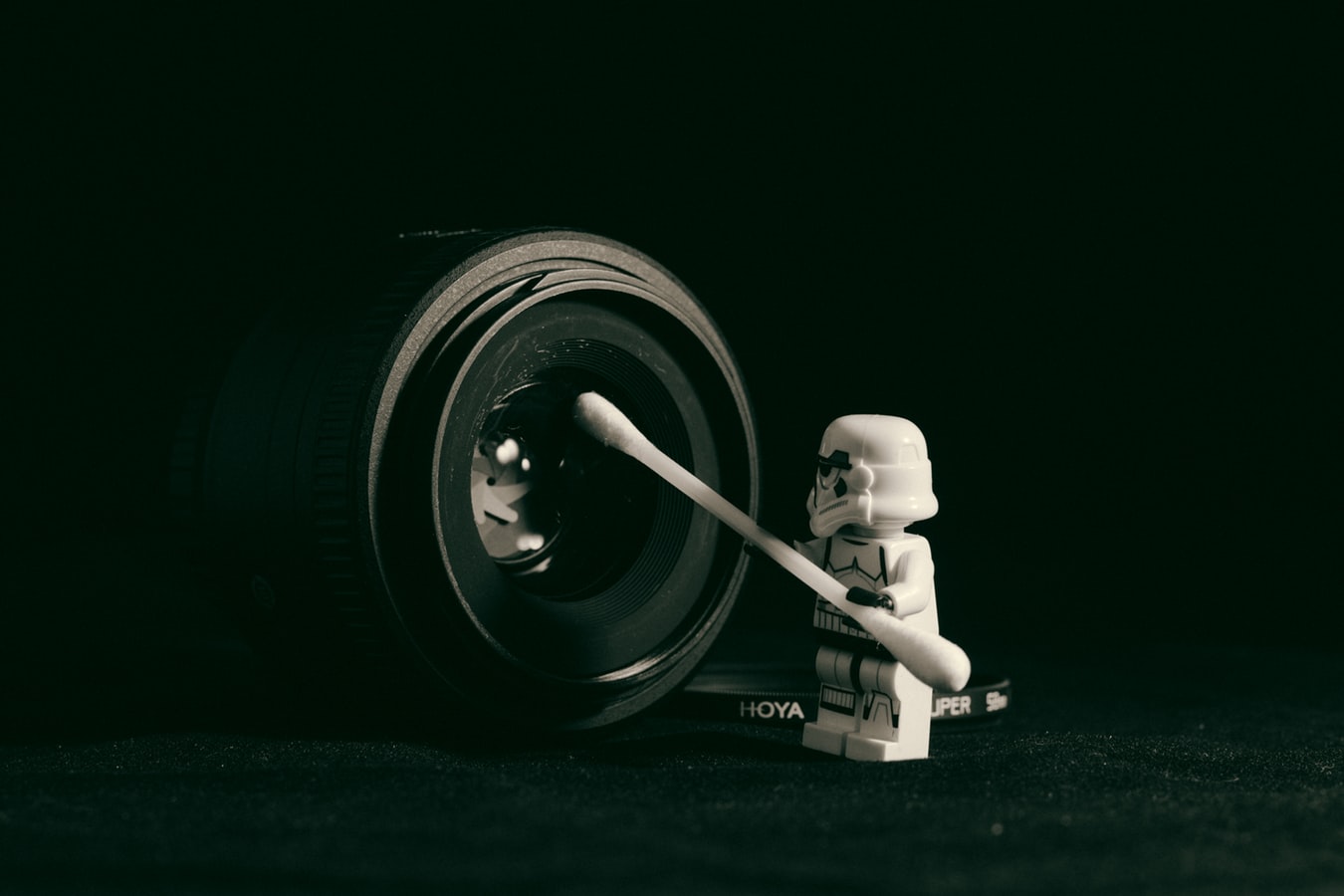
Do Filters Cause A Loss Of Image Quality?
If you’re wondering about the loss of image quality caused by filters, you should know that this loss of quality is usually very small in practice. However, if you truly need impeccable images, you should consider the following facts:
Flare And Ghost images
Both flare and ghost images are caused by reflections or scattering from the various exposed surfaces within the lens or camera body. The glass surfaces of all the lens elements can contribute to these occurrences, including the glass surfaces of the filter. While UV filters in the majority of cases can’t be the main culprits for flare and ghost images, you should be aware of certain circumstances when you should avoid using them.
With various prime lenses used at full aperture, light reflected from the sensor back through the lens may be bounced from the rear surface of the filter back into the camera producing a ghost image. Such ghost images of bright lights are often visible in night shots taken with a prime lens at full aperture (such as f/1.8) if a filter was attached.
Such ghost images will disappear immediately when the filter is removed, so you should make sure to avoid shooting with filters at night, especially when you decide to use prime lenses.
Loss Of Light And Resolution
A good quality UV filter shouldn’t cause any noticeable loss of light through the lens. The same goes for loss of resolution – reputable filters should have optically flat surfaces that don’t disturb the direction of the light rays passing through the filter.
However, you might notice some loss of image quality if you use very cheap filters on extreme telephoto lenses because these lenses have a magnifying effect that can get distorted if the filter isn’t perfectly flat.
Conclusion – Is It Necessary To Use UV filters?
While there is no absolutely compelling evidence either to use a UV filter or not, it’s safe to say that they can be truly useful as a protection for your lenses. Filters can be kept clean very easily and in case you accidentally drop your camera, they might even save your lens.
Of course, in case you’re into film cameras, you’ll definitely need a UV filter – just like we mentioned, film cameras are more sensitive to UV light.
Top 5 UV Filters In 2019
In case you decided to buy a UV filter, you can check out the following list – we included the 5 most reliable UV filters which are popular among professional photographers. They are very affordable too!
- Tiffen 52mm-Protection camera UV Filter
- B+W 43mm- Clear camera UV Haze Filter
- Goja- 58MM Vivitar UV CPL Lenses Filters
- Altura Photo Camera UV Ultra-violet Lens Filter
- Hoya 55mm UV Multi-Coated Glass Filter
If you want to learn more about various filters, feel free to check out the following links!

